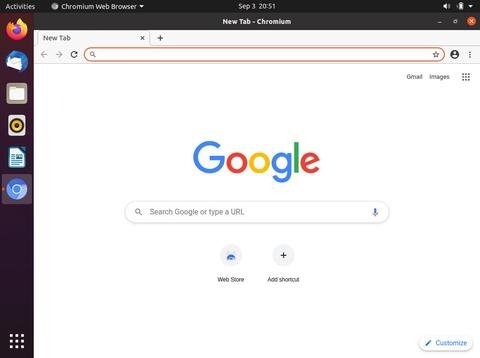

These instructions only work for amd64 (64-bit x86_64) on GNU/Linux.Because we are installing files directly to /usr (as opposed to the more appropriate /usr/local), and we have to for Chromium to find Widevine, on system upgrades your package manager might clobber these files, and you will have to redo these steps.If you installed Google Chrome or Chromium manually, you might have to edit the scripts. These scripts assume a standard instlalation from Debian/Ubuntu packages.Some streaming sites refuse to run at all on Linux because the kernel does not provide access to chipset-level fencing of DRM decryption as provided by Microsoft and Apple systems.…Alternatively, visit Netflix, Spotify, or $DEGENERATE_DRM_CONTENT_PROVIDER to see if it works directly. Open test-widevine.html from this cloned repo in Chromium.

Make sure Protected Content is enabled in settings: chrome://settings/content/protectedContent.If it was already open, then go to chrome://restart. Remember you can reach out Looker Support for further troubleshooting.Killall -q -SIGTERM chromium-browser || \Įxec $(command -v chromium-browser || command -v chromium ). Once you confirmed the new version of chromium you can continue with the following instructions in our official documentation.Check your chromium version (In case you have a previous version)Įcho $(google-chrome -version | awk '').Make sure you followed our documentation until this instruction.You still need to follow our official documentation for the complete installation. Instruction in our official documentation. Keep in mind that this only replaces the Chromium: apt-get update & apt-get install -y chromium-browser Here, I’ll explain how you can download and install any legacy version of Chromium in your Looker instance. However, sometimes customers should use legacy versions of chromium while we offer the ultimate solution. In our official documentation, we explain how to install Chromium as it should be.
Lately, we’ve been seeing issues with rendering and some other functionalities related to Chromium, but only for customer-hosted instances.


 0 kommentar(er)
0 kommentar(er)
